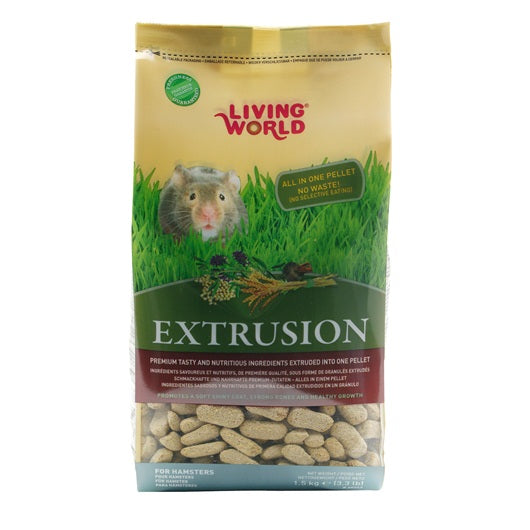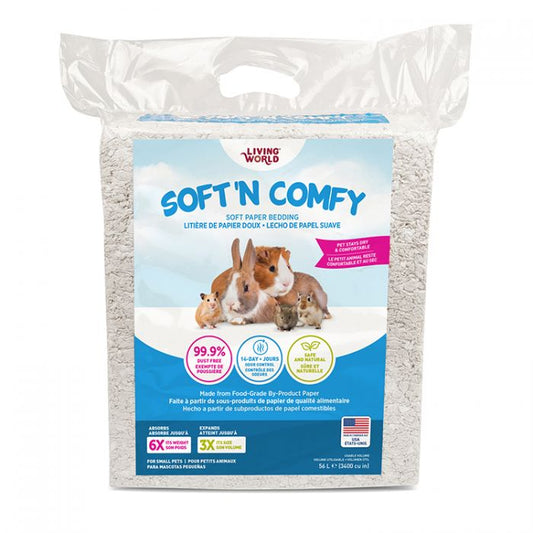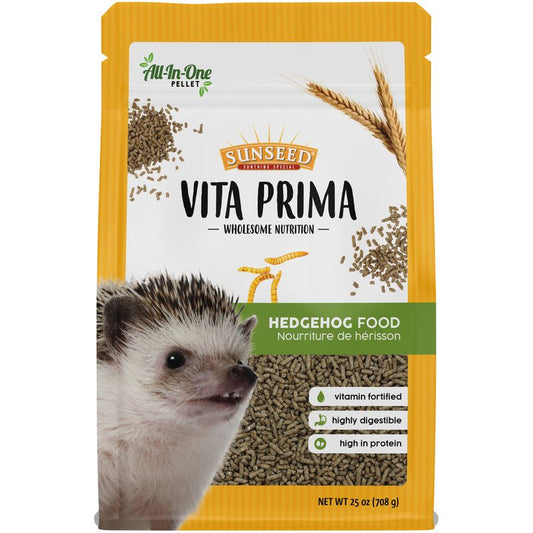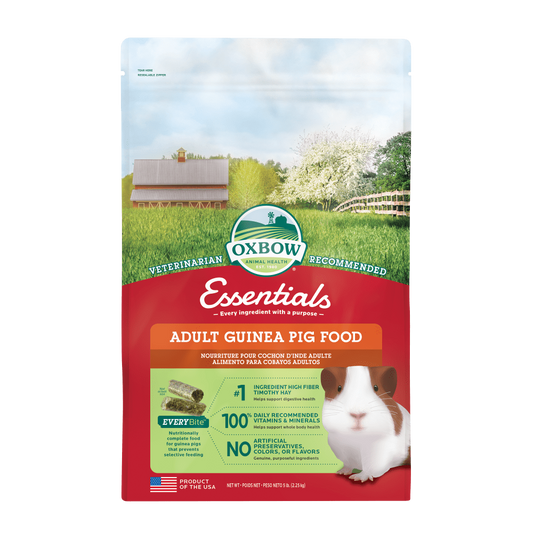
Guinea pigs, also known as cavies, are charming and sociable pets that have captured the hearts of many animal lovers. Originating from South America, these small rodents have become popular pets worldwide. Here's a quick overview of guinea pigs, including their general description, lifespan, natural habitat, size, housing requirements, temperature needs, bedding considerations, toxicity concerns, and some fun facts.
General Description: Guinea pigs have a compact and sturdy build with rounded bodies and short legs. They come in a variety of colors, patterns, and coat types, including short, long, and curly fur. Known for their expressive faces and endearing squeaks, guinea pigs have unique personalities and enjoy interacting with their human companions.
Lifespan: On average, guinea pigs live for around 5 to 7 years, although with proper care, some can live even longer. Providing a healthy diet, a safe environment, and regular veterinary check-ups can contribute to their longevity.
Natural Habitat: In the wild, guinea pigs are found in the grassy plains and meadows of South America, particularly in countries like Peru, Ecuador, and Bolivia. They live in social groups and build burrows or find shelter in natural crevices to protect themselves from predators.
Average Size: When fully grown, guinea pigs typically measure between 8 to 10 inches (20 to 25 cm) in length and weigh around 1.5 to 2.5 pounds (700 to 1200 grams). However, sizes can vary depending on the breed and individual genetics.
Enclosure Size: Provide guinea pigs with a spacious enclosure to ensure their comfort and well-being. A minimum cage size of 8 square feet (0.75 square meters) is recommended for a pair of guinea pigs, with additional space for exercise and exploration. Consider providing hiding spots, tunnels, and toys to keep them mentally stimulated.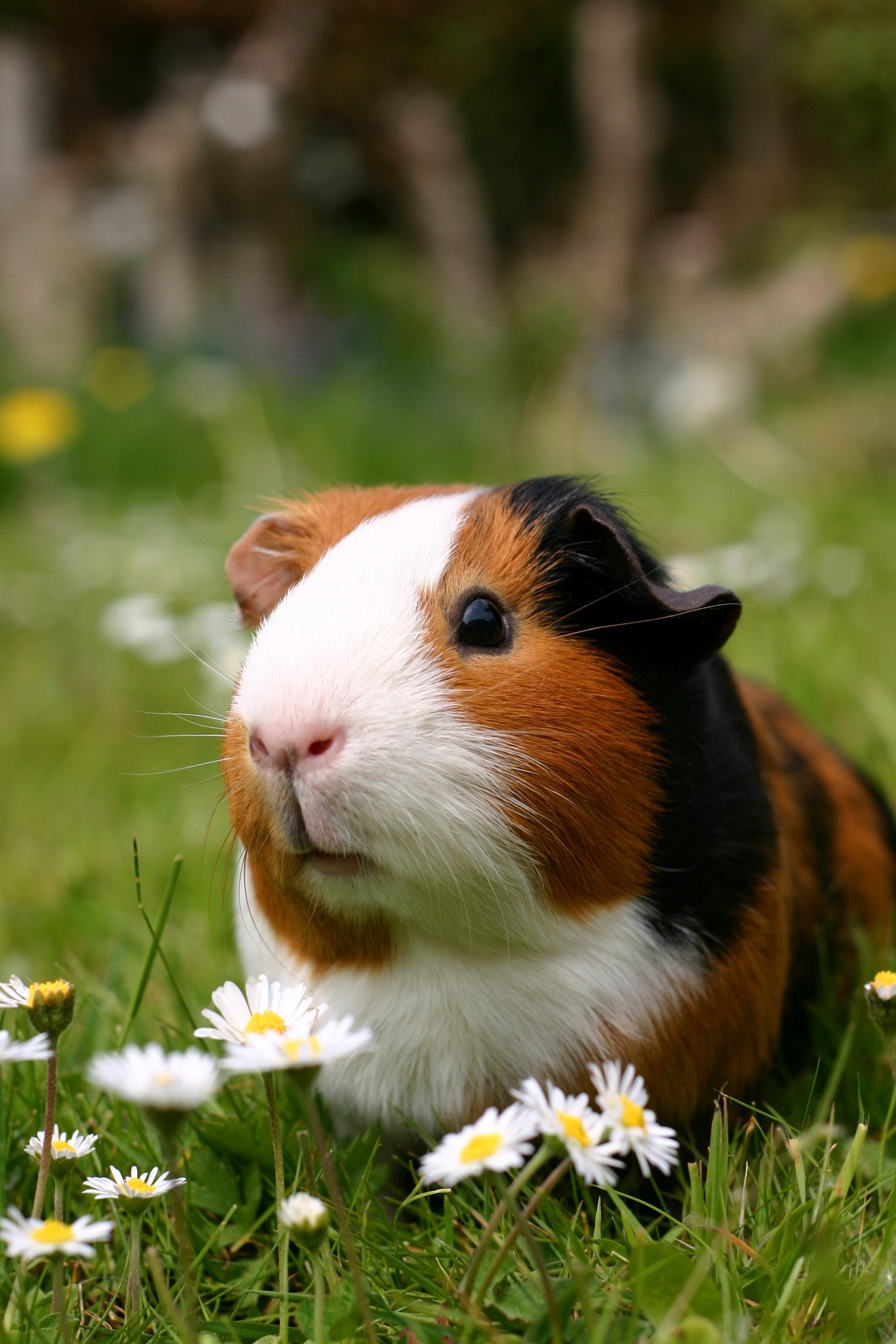
Temperature and Humidity: Guinea pigs are sensitive to temperature extremes. Keep their environment within the range of 65 to 75°F (18 to 24°C). They are not as tolerant of high humidity levels, so it's best to keep the humidity below 60%. Provide appropriate ventilation to maintain a comfortable and healthy environment.
Substrate and Bedding: Choose a safe bedding material that offers comfort and good absorption. Popular options include aspen shavings, paper-based bedding, or fleece liners. Avoid cedar or pine bedding, as they can release harmful chemicals that may cause respiratory problems in guinea pigs.
Toxic Substances: Several common household items are toxic to guinea pigs and should be kept out of their reach. These include chocolate, caffeine, onions, garlic, avocado, alcohol, and certain houseplants like lilies and philodendrons. Always ensure that their environment is free from any potentially harmful substances. Also avoid essential oils or aerosol sprays/household cleaners containing chemicals and harsh scents. Candles and scented candles or wax melts should be avoided.
Avoid exposure to sunlight, drafts, and Teflon or non-stick cookware and appliances. Only clean cages with water and vinegar or mild dish soap.
Fun Facts:
- Guinea pigs are highly social animals and thrive on companionship. Consider adopting a pair to keep them happy and engaged.
- They have a remarkable ability to communicate through various vocalizations, including squeaks, purrs, and chirps.
- Guinea pigs are herbivores and require a diet rich in hay, fresh vegetables, and pellets formulated specifically for guinea pigs.
- Their teeth continuously grow, so providing them with chew toys and hay helps maintain proper dental health.
- Guinea pigs are known for their unique popcorning behavior, where they jump and twist in the air when they are excited or happy.

Guinea pigs make wonderful pets and are adored for their gentle nature and adorable appearance. By providing them with a suitable environment, proper nutrition, and plenty of love and attention, you can enjoy a fulfilling and rewarding companionship with these delightful creatures.
| https://theurbanzoo.myshopify.com/products/guinea-pigs-cavia-porcellus |


